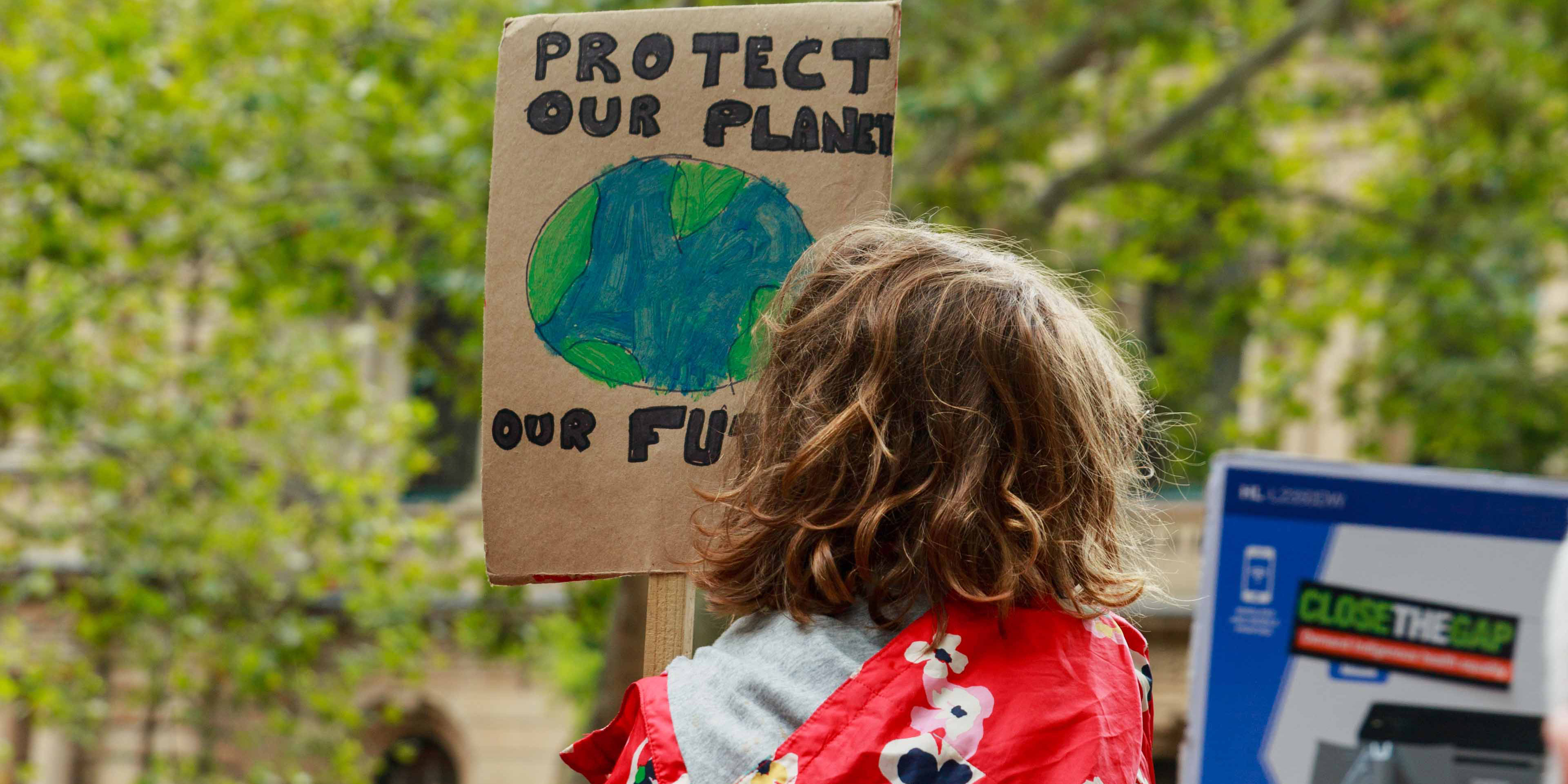Senior medical staff are calling for inflation-matched salaries to help remedy workforce shortages and multi-year real-terms pay cuts.
Nearly 5000 senior doctors and dentists in New Zealand have committed to a three-day strike against Te Whatu Ora Health New Zealand.
On Monday afternoon over 80% of the Association of Salaried Medical Specialists’ members voted for the union’s first ever national strike, which will involve two to four hours of strikes on 5, 13 and 21 September.
Essential life-preserving services will be maintained throughout the strike.
Internal communication from the union said the strike “reflects the extreme frustration of our members” over the government and Te Whatu Ora’s lack of action over the health workforce crisis and refusal to match salary increases to inflation.
Currently the most experienced and highly trained doctors in New Zealand – senior medical officers – are paid an average of $318,000, not including superannuation and payment for additional shift work.
Te Whatu Ora rejected the Association of Salaried Medical Specialists’ request for Consumer Price Index-adjusted salaries for its members this year.
This rejected claim followed “two years of real pay cuts under the Government’s ‘public sector pay guidance’, accounting for a real-terms pay cut of 11%”, according to the union.
The ASMS rejected Te Whatu Ora’s counteroffer to increase all senior doctors’ salaries by $15,000 to $26,000 plus a lump sum of $4000.
ASMS chief executive Dr Sarah Dalton said she hoped the strikes would force Te Whatu Ora to rethink its remuneration offer.
We are doing this because we have real concerns about patient safety https://t.co/jORWuKG9zl
— Fiona Miles (@fionam_miles) August 21, 2023
“[The vote] is a significant endorsement of collective action and reflects the extreme frustration of members over Te Whatu Ora and the Government’s refusal to value our workforce, address staff shortages and ensure that salaries maintain their real value against inflation,” Dr Dalton told The NZ Herald.
“The workforce gaps and resourcing shortfalls are so significant and ingrained,” she said.
“The three endorsed strike dates send a strong message to the employer that it needs to improve its current substandard offer.”
Dr Dalton expressed concern over the loss of the public health workforce to Australia and the private health system, noting that she thought that 1700 – the number of doctors Te Whatu Ora said the health system was short – was an underestimate.
Dr Dalton noted the effects shortages are having on patients.
“Patients have to wait too long to be seen by specialists, and they have to wait far longer than they should because our system is not resourced to cope,” she told the NZ Herald.
“Te Whatu Ora will not even pay senior doctors and dentists the bare minimum to ensure their staff do not take a real-terms pay cut for the third year in a row,” she said.
“Every employee in New Zealand deserves to have the value of their income maintained, especially when they are performing critical frontline tasks and being asked to cover as many staffing shortages as our doctors currently are.”
Prime Minster Chris Hipkins said he hoped the dispute could be resolved by returning to the bargaining table and did not want to see medical staff on strike, noting Te Whatu Ora would have contingency plans.





